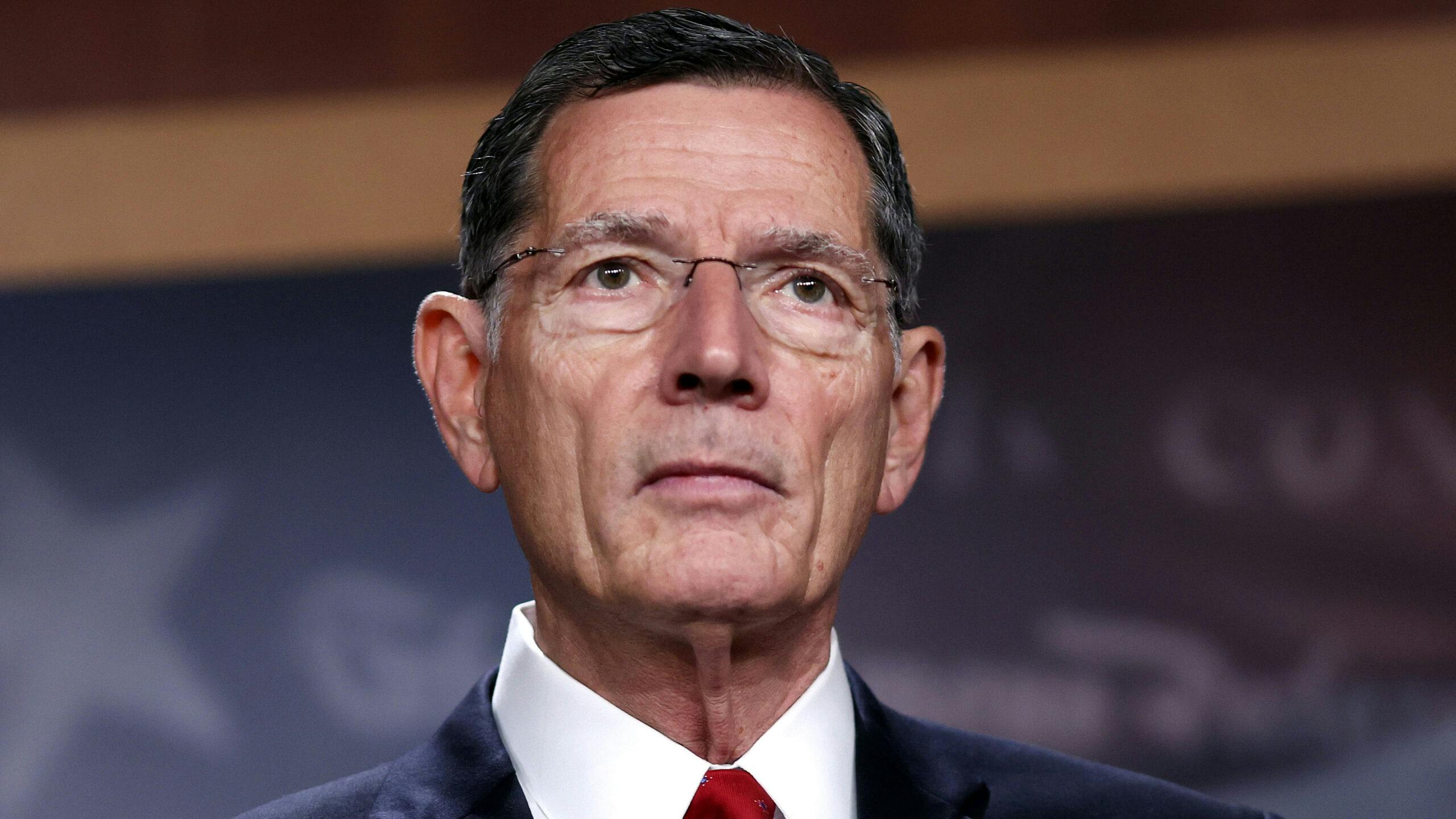Inflation compels average US households to spend $709 extra monthly compared to two years ago.
Moody’s Analytics chief economist Mark Zandi has calculated that the typical American household is spending a whopping $709 more per month than they were two years ago due to high inflation.
Mr. Zandi’s calculations came in a post on X (formerly known as Twitter), while remarking on the latest government data on inflation, the Consumer Price Index (CPI).
Inflation, as measured by CPI, came in at 3.2 percent in year-over-year terms in July, up from 3 percent in June and the first increase in the annualized pace of inflation in about a year.
While that’s down from the 9.1 percent peak in June 2022, many consumers continue to reel from the persistently elevated price pressures of the last few years.
“The high inflation of the past two-plus years has done lots of economic damage. Due to the high inflation, the typical household spent $202 more in a July than they did a year ago to buy the same goods and services. And they spent $709 more than they did two years ago,” Mr. Zandi wrote in his post.
While Mr. Zandi characterized the July’s inflation numbers as “great,” Republicans saw his calculations as yet more proof that President Joe Biden’s economic policies were fanning the flames of inflation.
“Bidenomics is costing the average family over $700 more per month!” the Wisconsin Republican Party wrote in a post on social media.
‘Right All Along’?
Republicans have criticized several big-ticket spending bills championed by President Biden, including the so-called Inflation Reduction Act that they said would do the opposite of the price-busting pledge implied by the name.
Democrats, by contrast, have argued that the Inflation Reduction Act would lower price pressures. However, the Penn Wharton Budget Model found that the impact of the bill on inflation is “statistically indistinguishable from zero” while the Tax Foundation’s analysis concluded that “by reducing long-run economic growth, the bill worsens inflation by constraining the productive capacity of the economy.”
President Biden recently said he regrets naming the bill the Inflation Reduction Act because it was more about spending on environmental initiatives rather than taking the sting out of soaring prices.
“The Inflation Reduction Act—I wish I hadn’t called it that, because it has less to do with reducing inflation than it does to do with dealing with providing for alternatives that generate economic growth,” the president said on Aug. 10 at an appearance in Park City, Utah.
Some Republicans saw his remarks as confirmation of their earlier arguments that the Inflation Reduction Act would have the opposite effect to what the bill’s name promises.
“Republicans were right all along,” Rep. Andy Biggs (R-Ariz.) said in a post on X in response to President Biden’s comment.
While the headline pace of CPI inflation came in at 3.2 percent year over year, so-called core inflation (which strips out food and energy from the calculation) came in at 4.7 percent.
The core reading, rather than the headline numbers, is what the Federal Reserve looks at most closely when assessing progress in trying to bring inflation down to its target of around 2 percent.
“The decline in core inflation readings from year-ago levels has been much less pronounced and at 4.7 percent remains well above the 2 percent target,” Bankrate chief financial analyst Greg McBride told The Epoch Times in an emailed statement. “Even after a monthslong holding pattern to start the year, core inflation readings are showing only modest progress in the right direction.”
In its effort to quash inflation, the Fed has hiked rates since March 2022 at its most aggressive pace since the 1980s.
Households Still Feel Squeezed
Even though the pace of inflation has slowed significantly from the 9.1 percent peak in June 2022, several recent surveys indicate Americans continue to feel the pain of high prices.
According to a Bankrate survey in July, 72 percent of Americans don’t feel financially secure. Among them, 63 percent say that high inflation is making it hard for them to be financially comfortable.
Another survey by Bankrate in June found that 68 percent are saving less for unexpected situations because of inflation.
High inflation resulted in Social Security recipients receiving an 8.7 percent c
" Conservative News Daily does not always share or support the views and opinions expressed here; they are just those of the writer."





